Team Ninja traditionally makes linear games with punishing combat. They’re fun and rewarding, but they hold your hand and always tell you exactly where to go. Now, those days look like a relic of the past. While the painstaking difficulty remains (with a twist), Rise of the Ronin is easily the developer’s most ambitious game to date, and it shows.
Rise of the Ronin’s bold story and open-world elements paint a picture of a developer happy to change with the times and appeal to a wider audience. While I don’t think Ronin reinvents the wheel, it has enough style and substance to make me feel like a slick samurai, and if that sounds fun to you, then it’s worth a go.
This blade needs sharpening
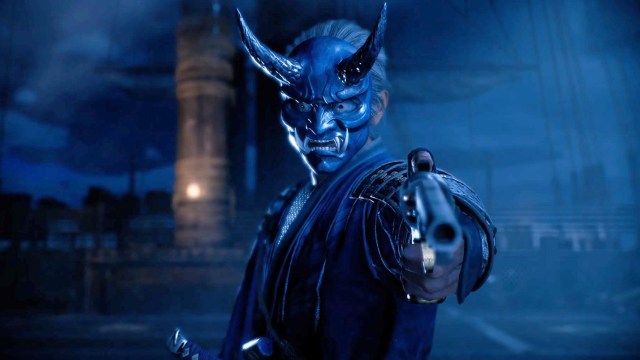
You’re a Ronin, a masterful samurai guided by your own destiny, embroiled in the real-life turmoil of Japan’s Bakumatsu. This terrible period represents the final years of Edo rule, in which a Japanese civil war occurred between the Tokugawa Shogunate and rebellious forces. They clashed due to their opposing ideologies about Japan’s self-isolationism from the rest of the world, and it was a brutal and bloody conflict.
You come face-to-face with many historical figures in Rise of the Ronin, and it’s a fascinating history lesson for anyone unfamiliar with the subject. It’s hard to argue storytelling is Team Ninja’s bread and butter, but Ronin has a few genuinely shocking moments that resonated with me harder than anything in the developer’s previous games, like Nioh and Wo Long: Fallen Dynasty.
Having said that, there’s a strange ludonarrative dissonance in the story and gameplay that I just couldn’t get over. Countless times, you face off with an adversary and chop chunks out of each other like a butcher prepping window offers, and when you’re done setting each other on fire, you’re best friends just one cutscene later.
On the plus side, exploring Japan and the sad reality of war makes for a great deep dive, especially given your actions and decisions have a large bearing on how the story plays out. Your choices dictate your allies and enemies; it’s chaos theory at its finest and a nice change from the usual plethora of arbitrary dialogue choices in other contemporaries.
A cut above the rest
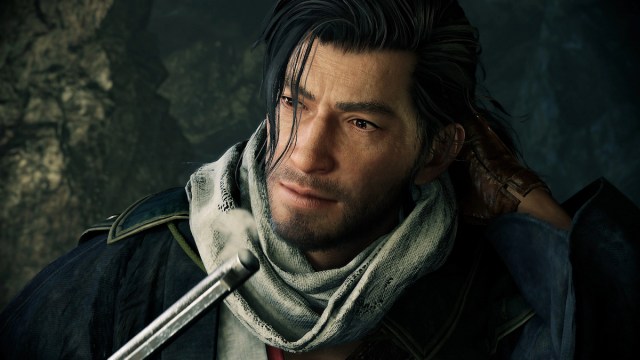
From the early days of Ninja Gaiden to Rise of the Ronin, Team Ninja has always done one aspect of game development as well as anyone—meaty, satisfying combat. Brutal slashes and strikes that give you strange, visceral pleasure, and you feel wrong for enjoying it.
Rise of the Ronin is a natural successor to Nioh and Wo Long: Fallen Dynasty in many ways and is outright gruesome at times. The weapons are familiar, moving your character still feels like they’re gliding around on ice like a majestic figure skater, and the difficulty is still a substantial obstacle.
But this is a new franchise, and Rise of the Ronin is vastly different from its predecessors. Firstly, there’s a real emphasis on verticality and assassination that lets you pick off lesser enemies with ease. Run along rooftops firing your ranged bow or rifle, jump off to land Assassin’s Creed-like executions, or yank enemies up to you with the new dynamic Grappling Hook, Batman Arkham-style.
On the ground, there’s a beloved parry system that Sekiro and Wo Long players will be familiar with. By deflecting blows at the right time, you can weaken an enemy’s stance before staggering them and inflicting massive damage. You’ll need to become very proficient at parrying since enemies can demolish you with melee combos on any difficulty level. Yes, you read that right: Rise of the Ronin has difficulty settings.
More than just a Soulslike
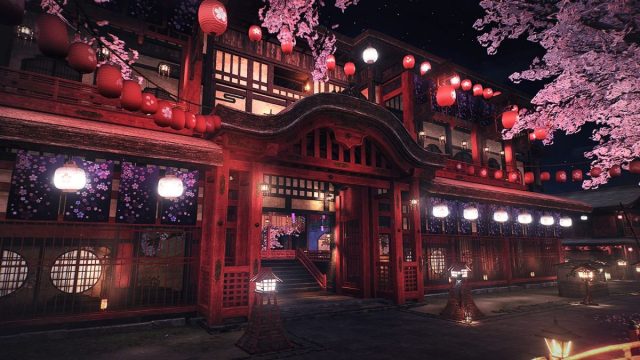
In my eyes, the ability to change the difficulty level is a welcome addition. Many players don’t consider Ronin a true Soulslike because of its difficulty settings, but they make Ronin the most accessible Team Ninja game in years. There’s even a proper tutorial section before you get anywhere near an enemy—compare this to Wo Long, which tears you to shreds within minutes of creating your character.
There are plenty of other Souls elements woven throughout Ronin’s design, however. Enemies respawn when you rest up, you have limited healing items, and there are tons of challenging bosses—though few fights are memorable. In comparison, Nioh had epic, fantastical fights against fearsome mythical creatures, and even Wo Long, had epic boss battles—the opening tussle with Zhang Liang, the showdown with the Blind Boy, and don’t forget the hellish Lu Bu. Ronin’s bosses don’t hold a candle to Team Ninja’s earlier work.
But these unfavorable comparisons are soon forgotten. The second battles begin in Ronin, I feel like I’m one false move away from death. Learning attack patterns, parrying, and striking when needed is vital, and the sweet taste of victory never gets old. It’s hilarious when I get humbled by a group of fodder enemies for not taking them seriously, and it always serves me right for letting my guard slip. Ronin’s combat is satisfying and enjoyable for the most part, but I did experience lots of immersion-breaking moments where foes got stuck on the environment.
Speaking of the environment, we need to talk about the open world itself. It’s gorgeous, lush, and leans heavily into RPG tropes. The map is expansive and littered with the usual checklist of main story missions, side activities, mini-games, and collectibles. The much-talked-about Sekiro and Ghost of Tsushima influences are hard to ignore, but collecting cats, finding Shrines, and playing archery mini-games are fun through and through. It’s an enjoyable open world, but it didn’t feel like anything I hadn’t played before.
Out with the old?
To say Rise of the Ronin is an identity crisis would be unfair. But the linearity of Team Ninja games gives its titles a sense of personality and a niche that few other developers fill. Ronin is far more player-friendly thanks to its abundance of quality-of-life features that casuals will love, particularly its customizable difficulty and accessible open-world design.
There’s plenty to enjoy here. The world itself is a delight, every combat encounter is a blast and gets more fun as you progress, and Team Ninja’s endearing auteur influences are plastered all over Rise of the Ronin. I truly enjoyed Rise of the Ronin and everything it accomplished, but it tries to fill a gap that didn’t need to be filled, and I’m left wondering which direction we’re headed in next.
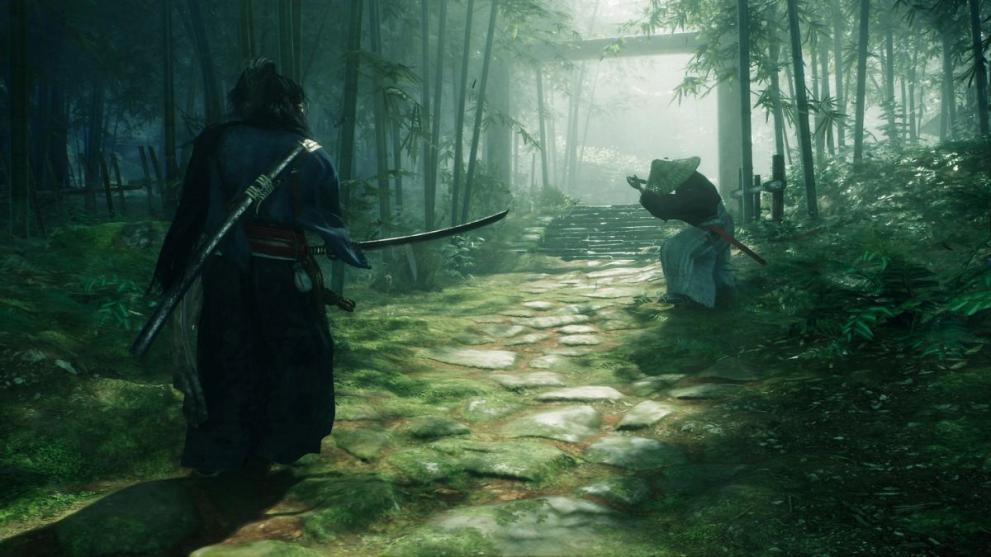
- Impactful story given plenty of time to shine
- Cutting-edge combat
- Plenty to do
- Lots of playstyle diversity
- Boss battles and presentation feel like a step down
- AI isn’t always the best
- Isn’t always original


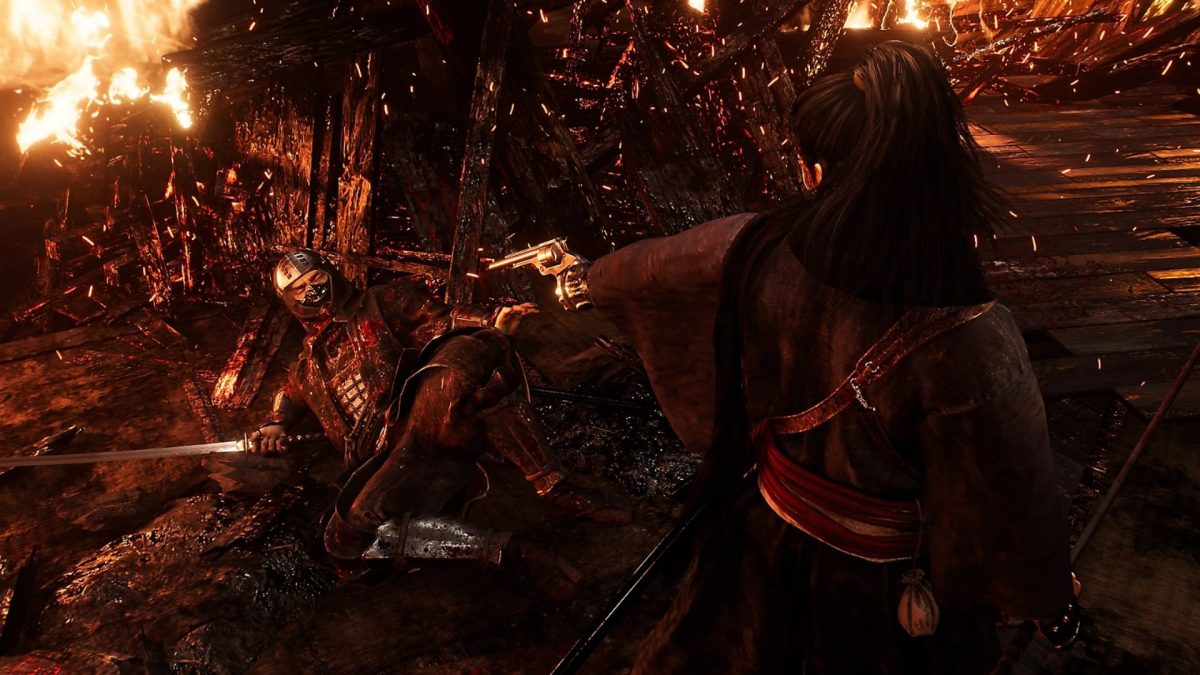
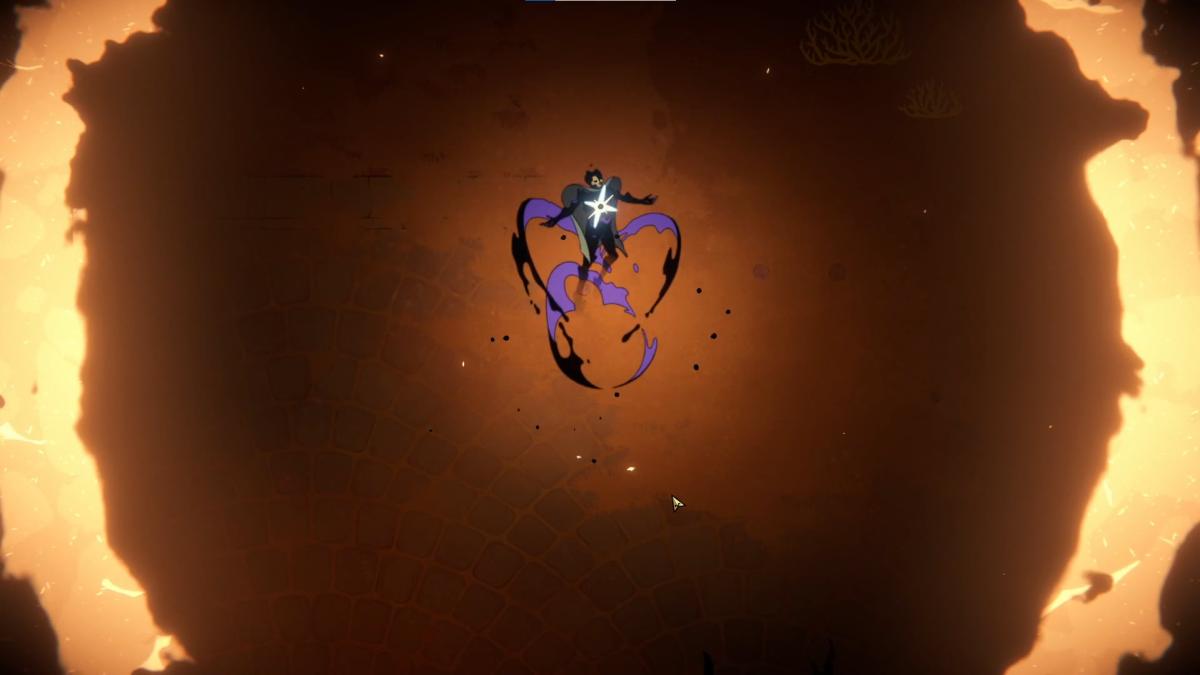

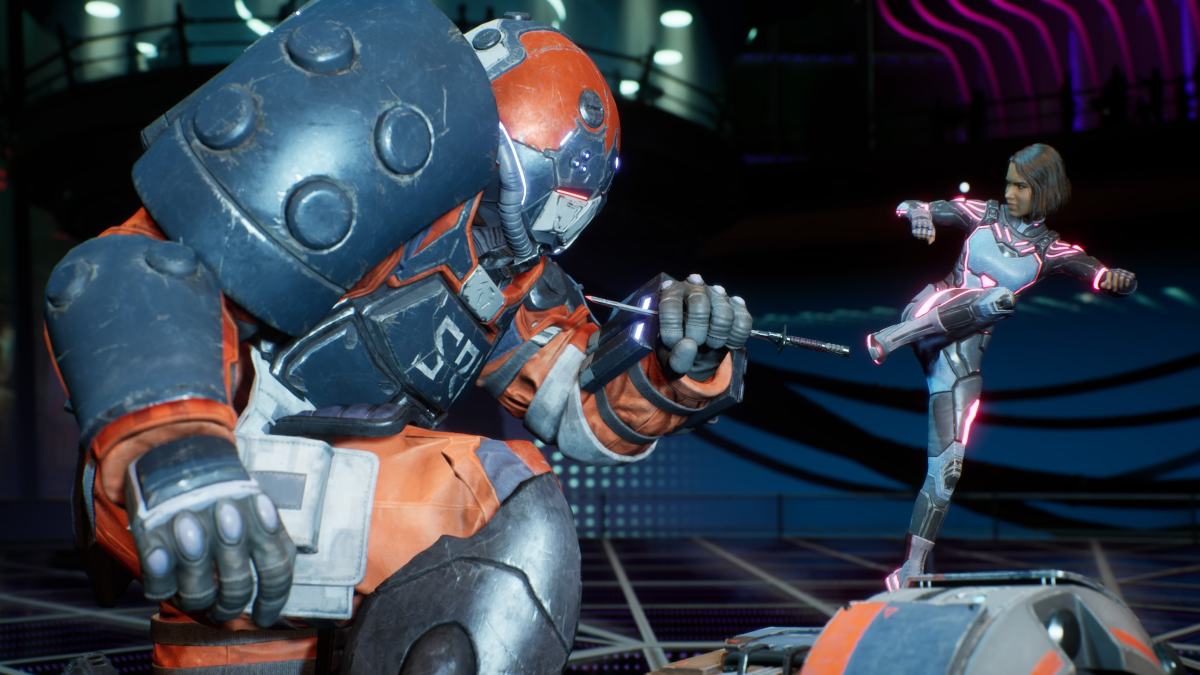
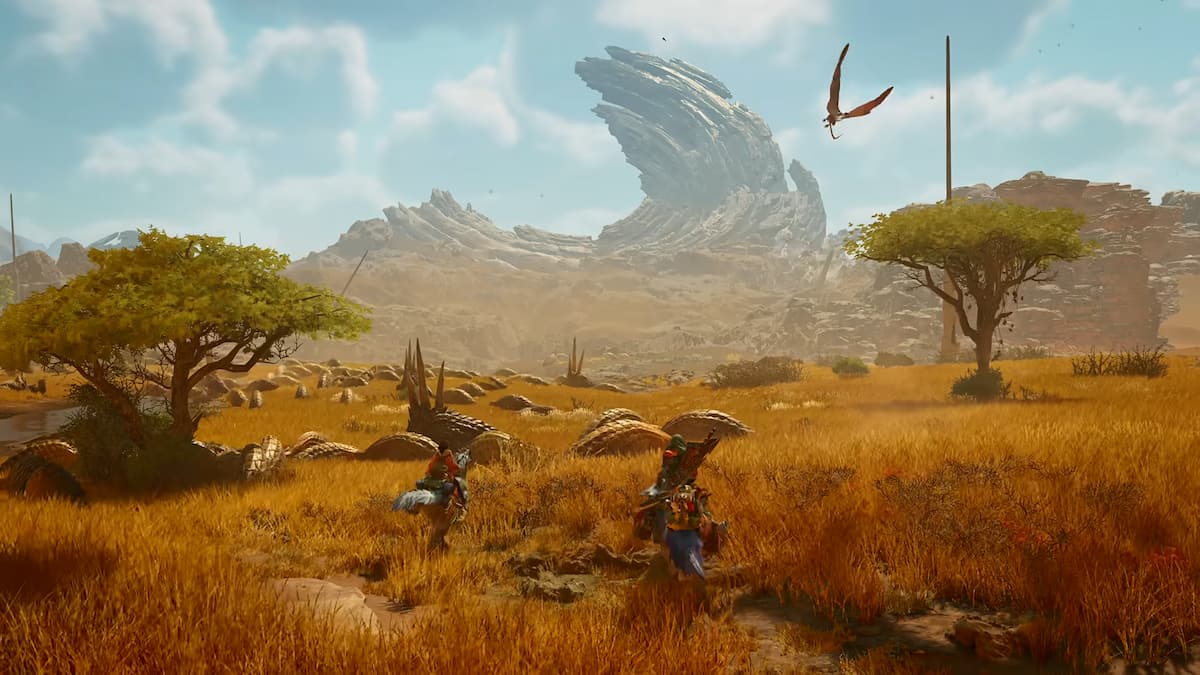
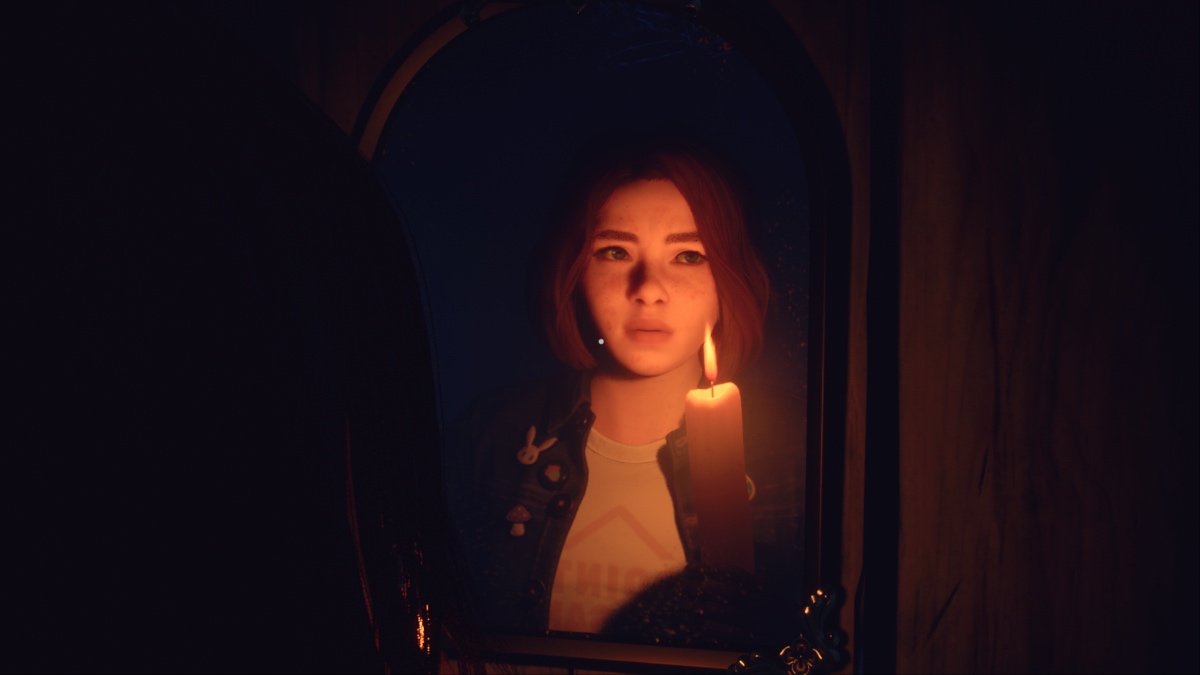
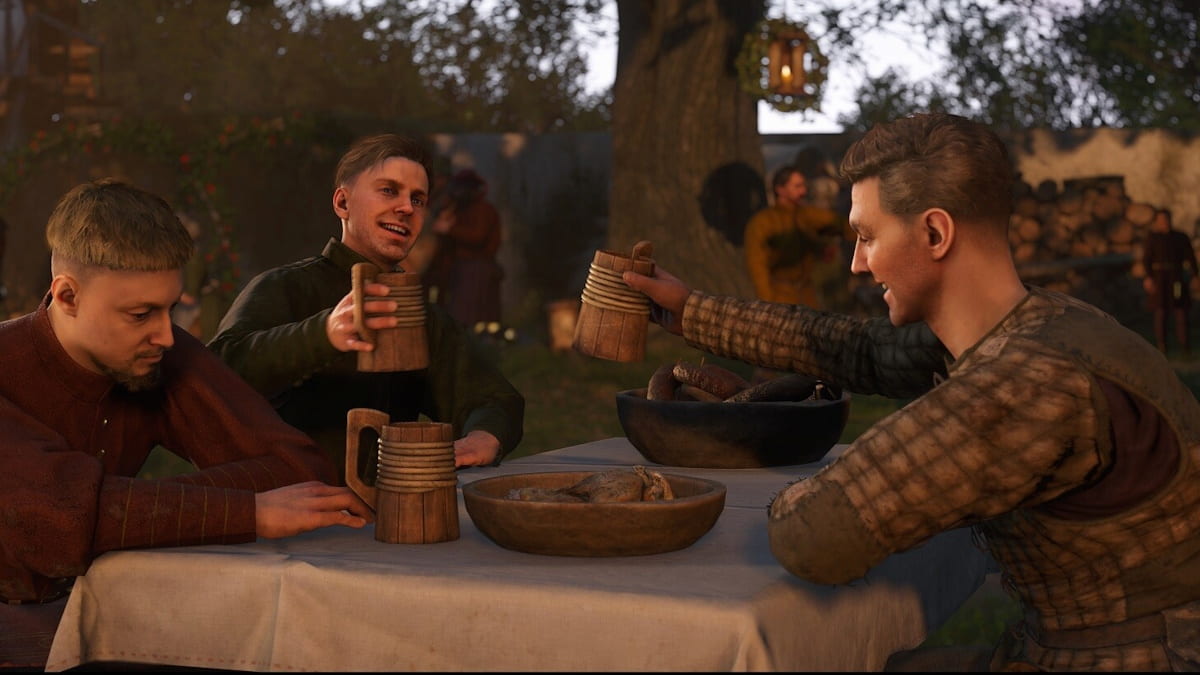
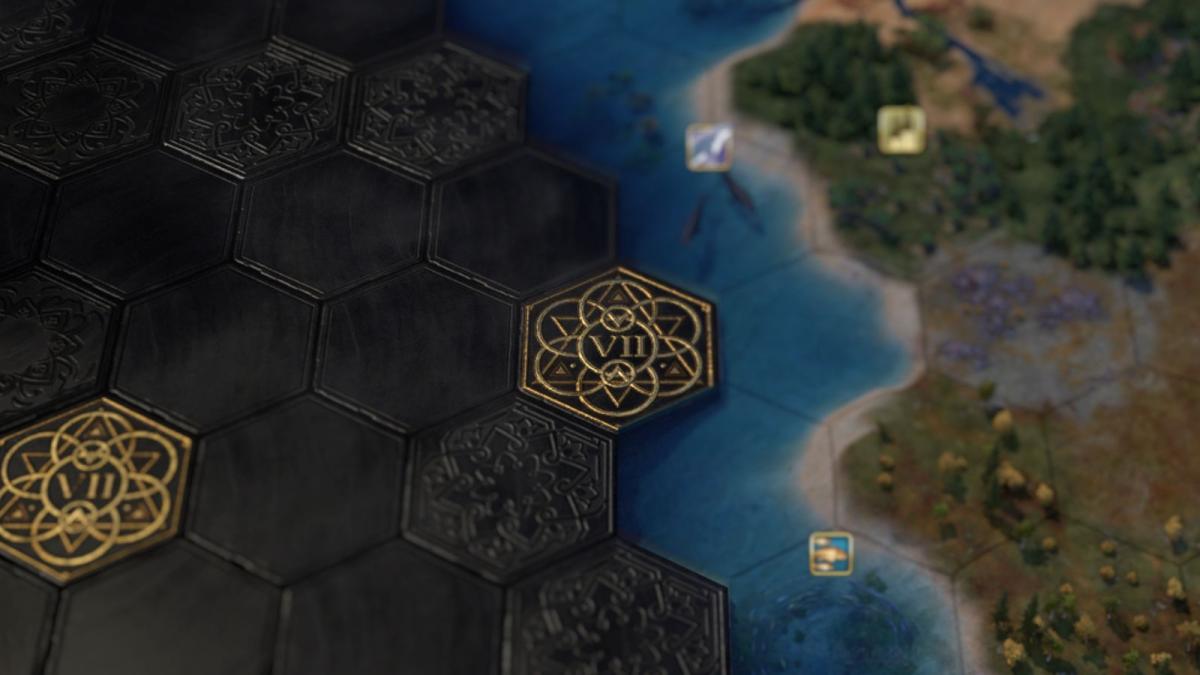
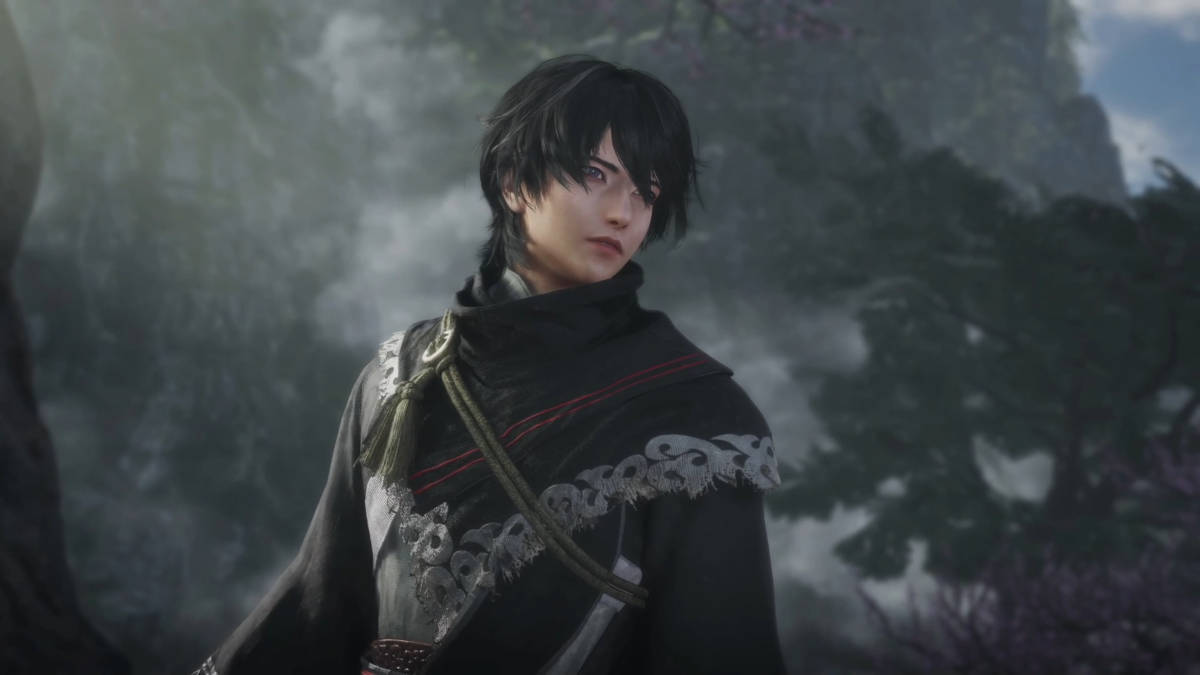
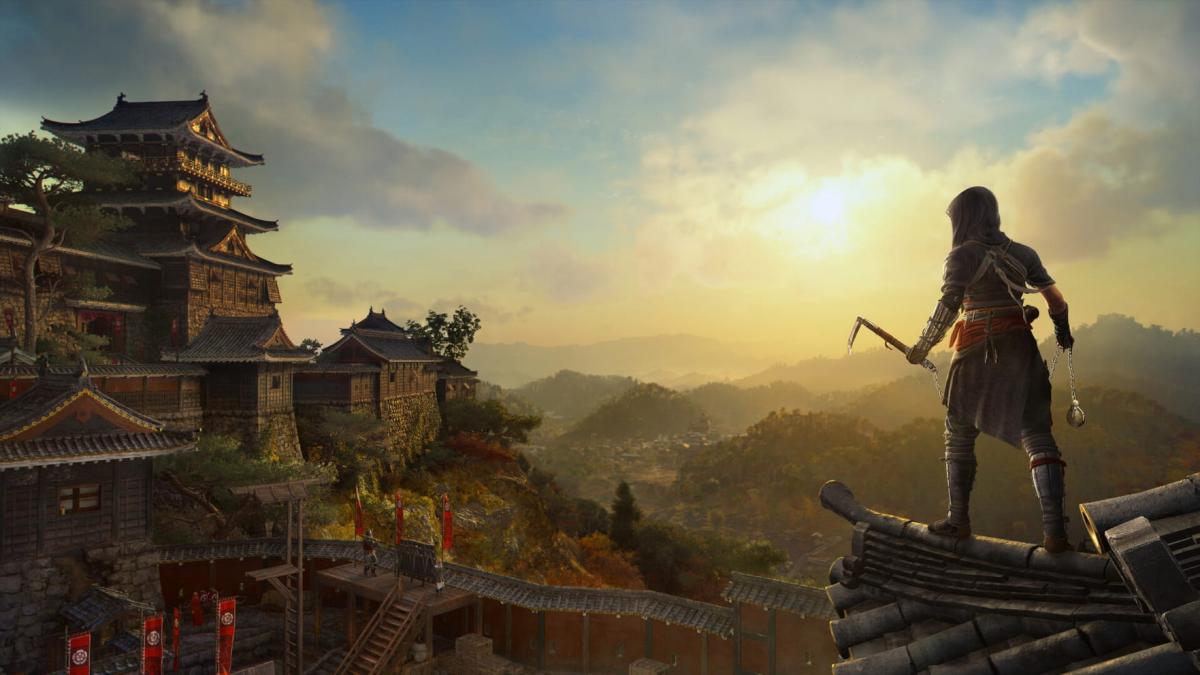
Published: Mar 21, 2024 06:00 am